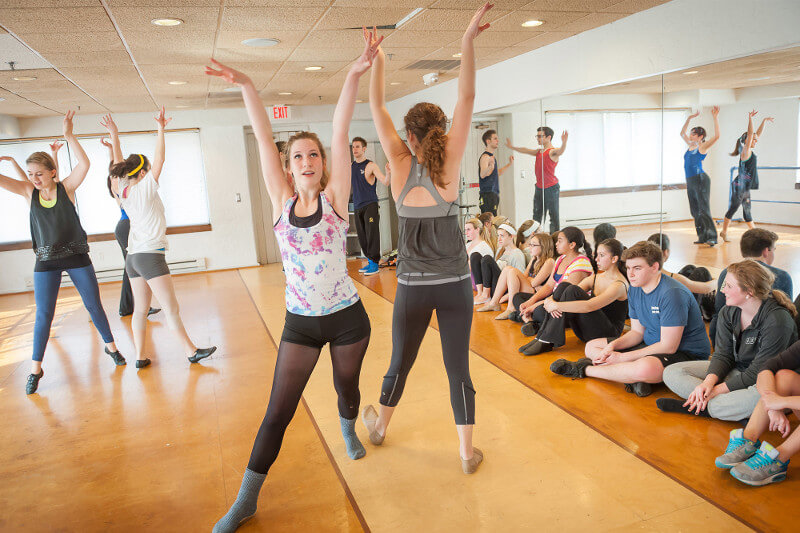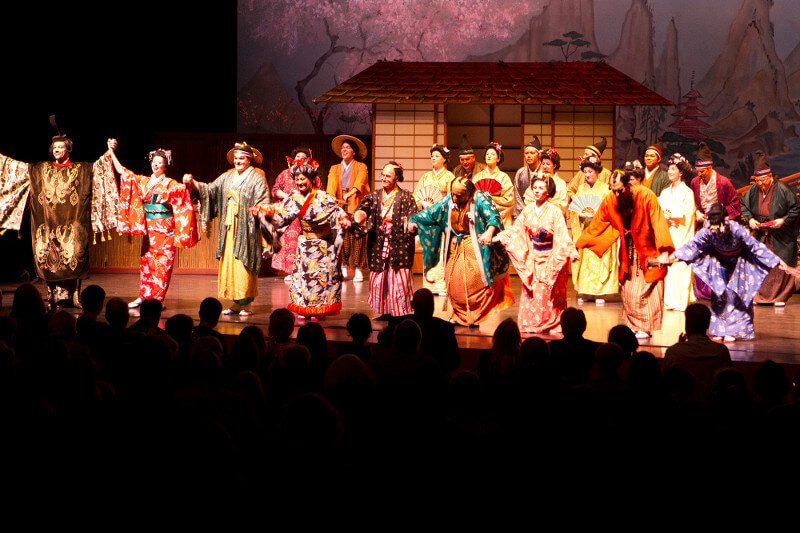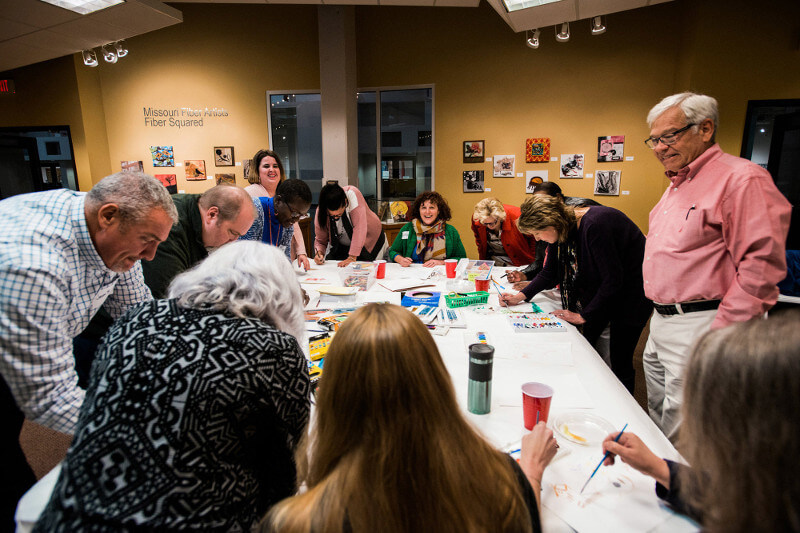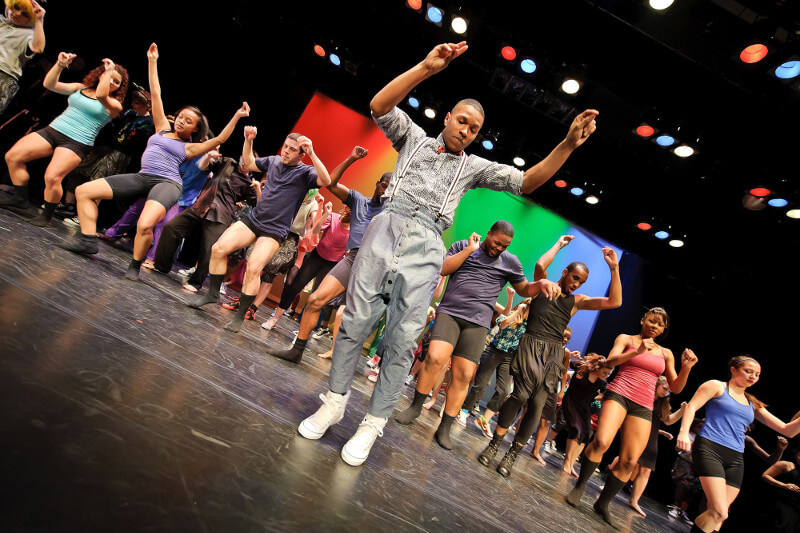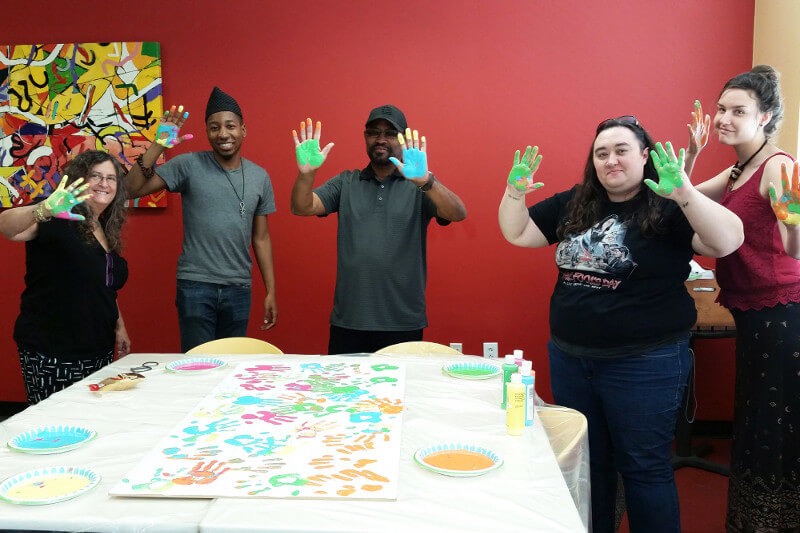Establish Arts Education for All as a Community-Wide Commitment
- Assess the St. Louis City and County arts education ecosystem to determine strengths, weaknesses and opportunities for growth
- Organize a locally-based coalition of arts education advocates and key stakeholders to enact systemic change
- Develop an online, searchable clearinghouse of arts education programs opportunities for parents and teachers
- Conduct research to develop baseline standards of excellence and logic models to determine paths to success
Again and again, through surveys, interviews, and group discussions with residents, arts and cultural organizations, and artists, we heard a call for more arts education, especially for St. Louis children and youth, in school, after school, and in the community.
- To expose them to the arts, so they understand and appreciate all that is available to them in the arts in St. Louis
- To encourage interaction with diverse cultures, so they are more knowledgeable and appreciative of people from different backgrounds
- To provide equitable access to arts education and enrichment opportunities—after school and in neighborhoods
- To support and enhance the teaching of other school subjects
St. Louis already benefits from a large community of arts and non-arts organizations providing a broad range of arts education experiences for school-aged youth.
For more than 30 years, COCA has activated the power of arts education in St. Louis through its programming and recently found sufficient support to launch a bold $40 million campaign to expand its University City facility to include a 450-seat theatre, an 8,000 square-foot new studio space, and more. STAGES St. Louis has purchased a $2.8 million building in Chesterfield, Missouri, which will house their growing community outreach and musical theatre education programs, including JumpStart, a new nationally funded program for middle school students. Metro Theater Company, Springboard, and the Children’s Choir are just a few of several established and mission-driven arts education organizations already serving the arts education and enrichment needs of young people throughout the region.
Yet, while there are many arts organizations with education and enrichment programs of their own, these organizations acknowledge that they are disconnected and siloed from each other in ways that diminish their collective impact.
This disconnection impedes St. Louis’ ability to deliver high quality arts education to all children. St. Louis also lacks development opportunities for teaching artists and administrators, as well as sustained funding sources for arts education, organizational capacity building, effective program evaluation and documentation of impact, and centralized information resources.
“It’s about the schools. Invest in getting arts back into the regular curriculum. Arts organizations are trying to fill the gaps but lots of kids are not getting any drama, music or dance. We have to invest in our young people.”
– Arts Organization Discussion Group
Many, if not most, St. Louis arts and cultural organizations believe in arts education and offer educational programs. An EVOKE workshop for about 80 of these providers showed a strong consensus for the region to improve arts education systemically in school and out. This suggests the opportunity to develop a new, collaborative approach to arts education across the region. A collaboration can build on the collective efforts of these organizations, teaching artists, and partners outside the arts.
Arts education stakeholders said they want RAC to play a leadership role in encouraging a system-level, collaborative approach to address these issues and to build up the arts education infrastructure in St. Louis.
